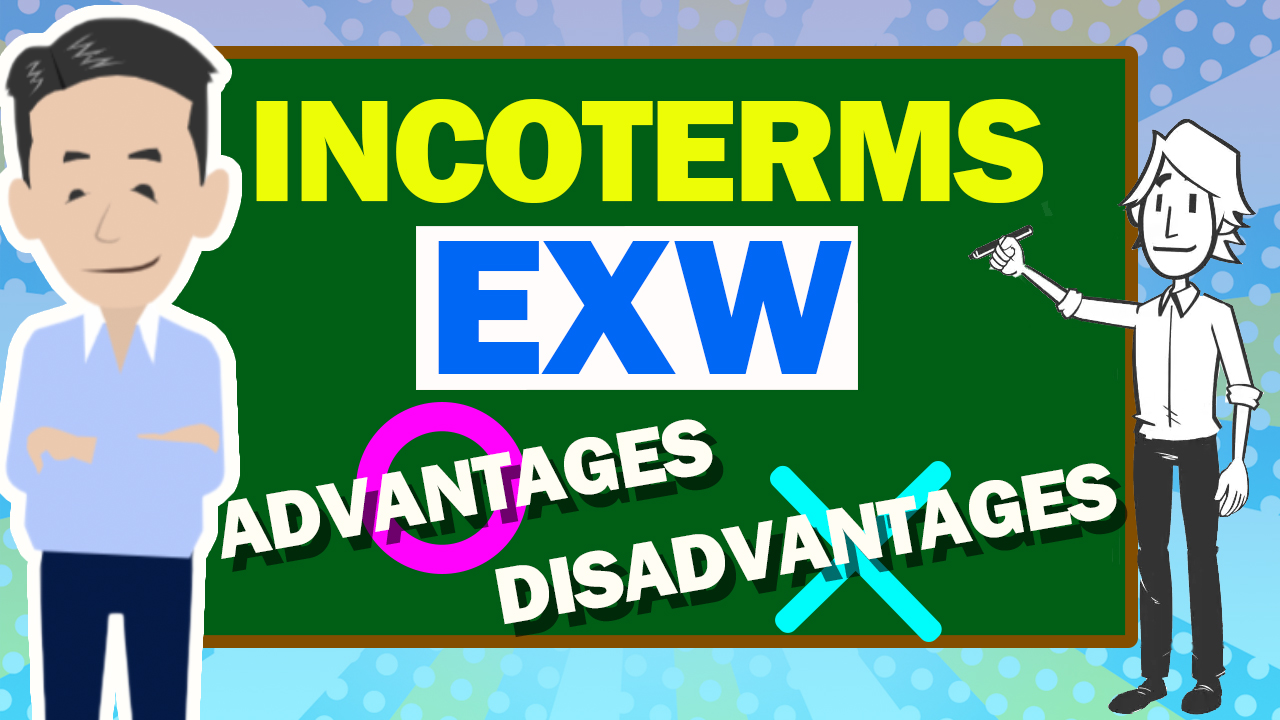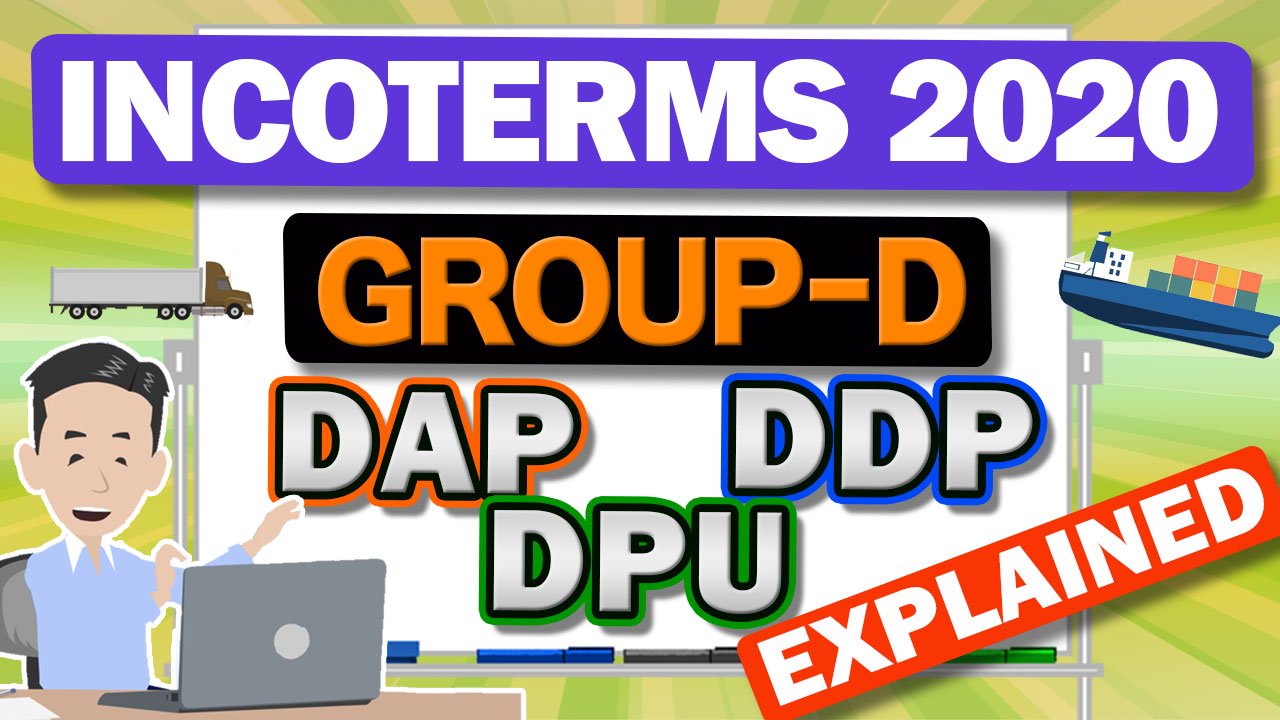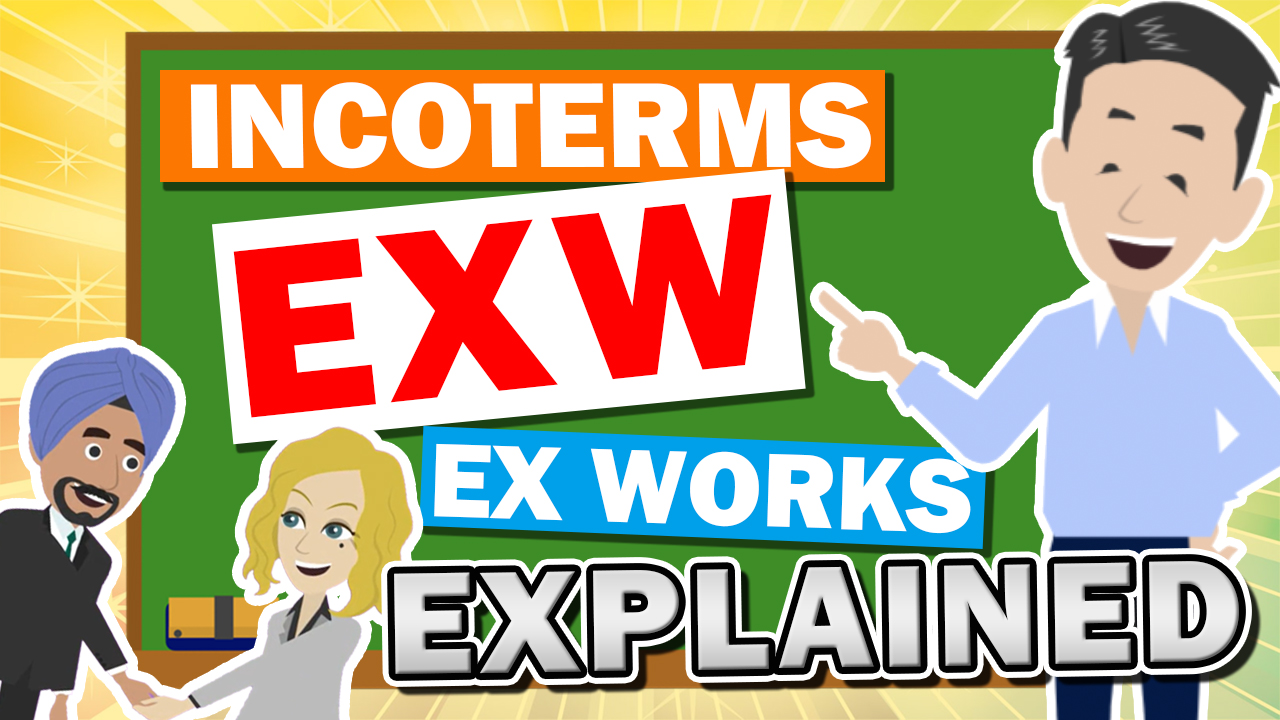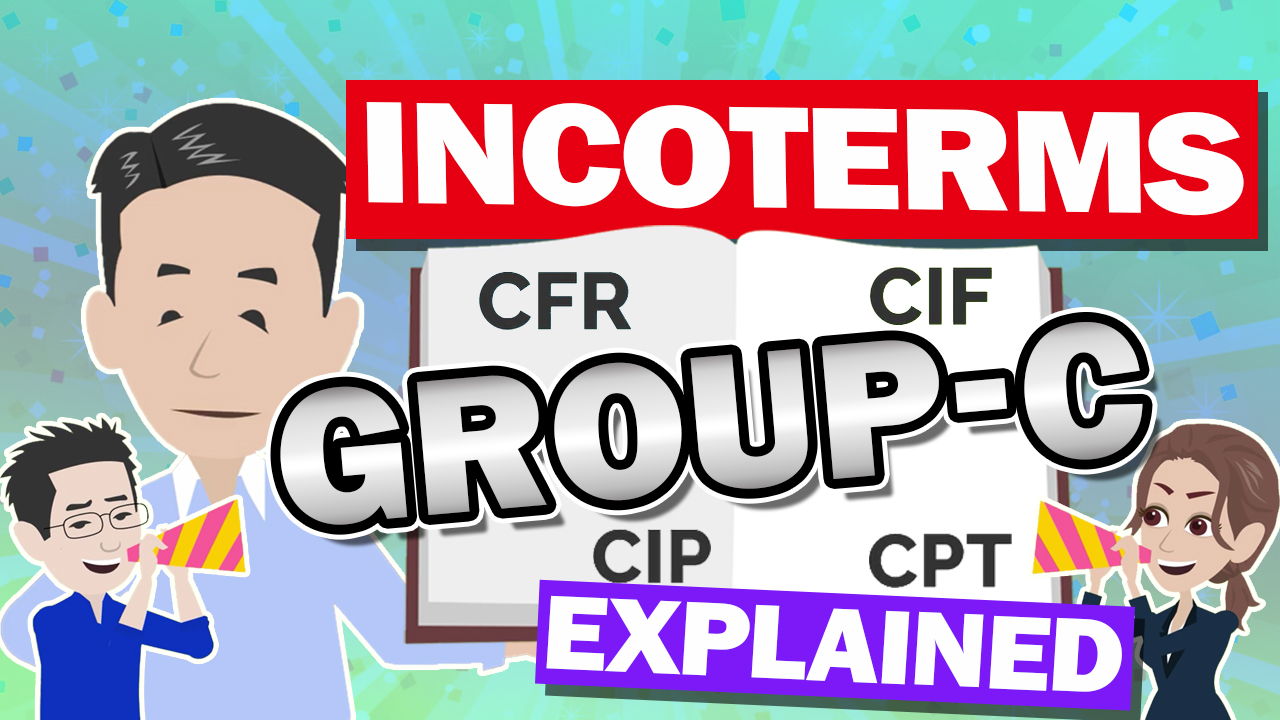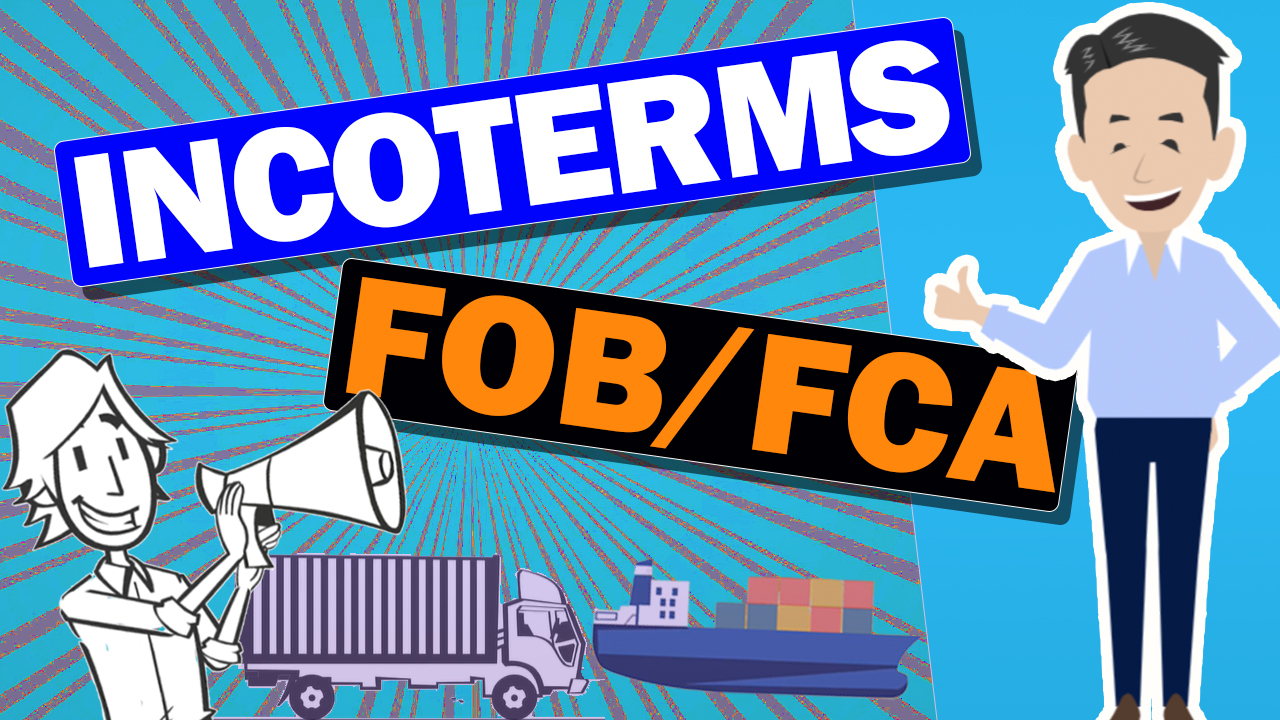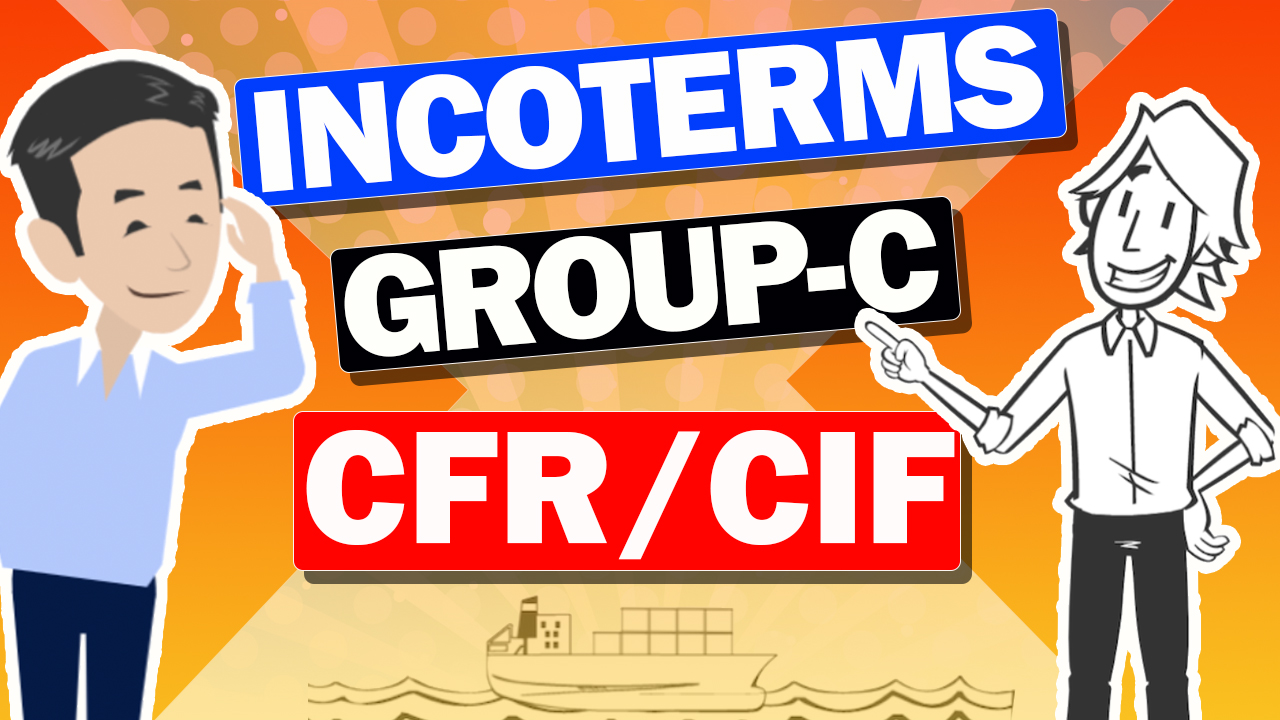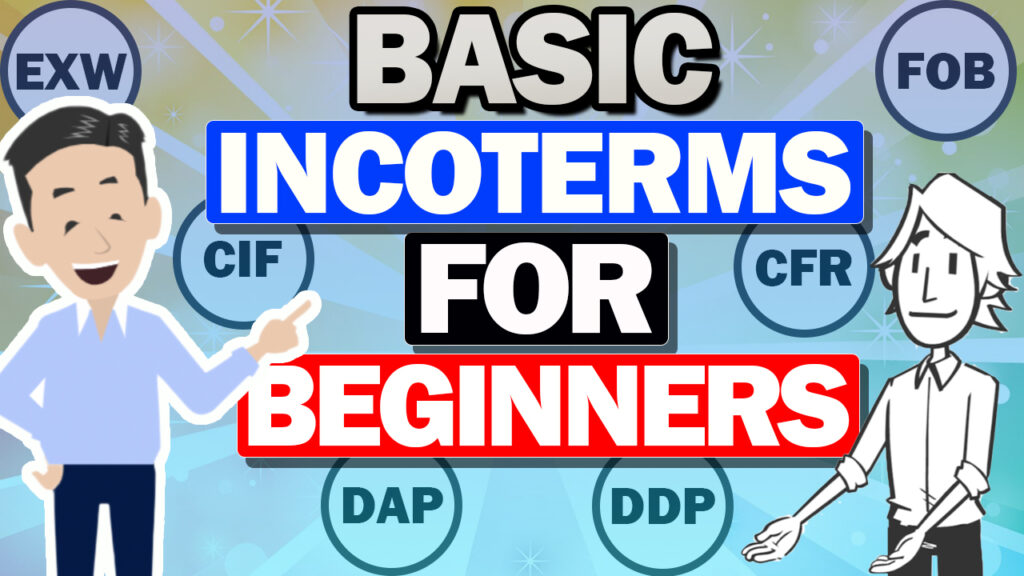
 Senior Cat
Senior Cat About Basic INCOTERMS
Explained INCOTERMS with Video
 Senior Seagull
Senior Seagull This is 8:07 Video.
This time, let us explain about INCOTERM’S to understand very well.
What is INCOTERMS?
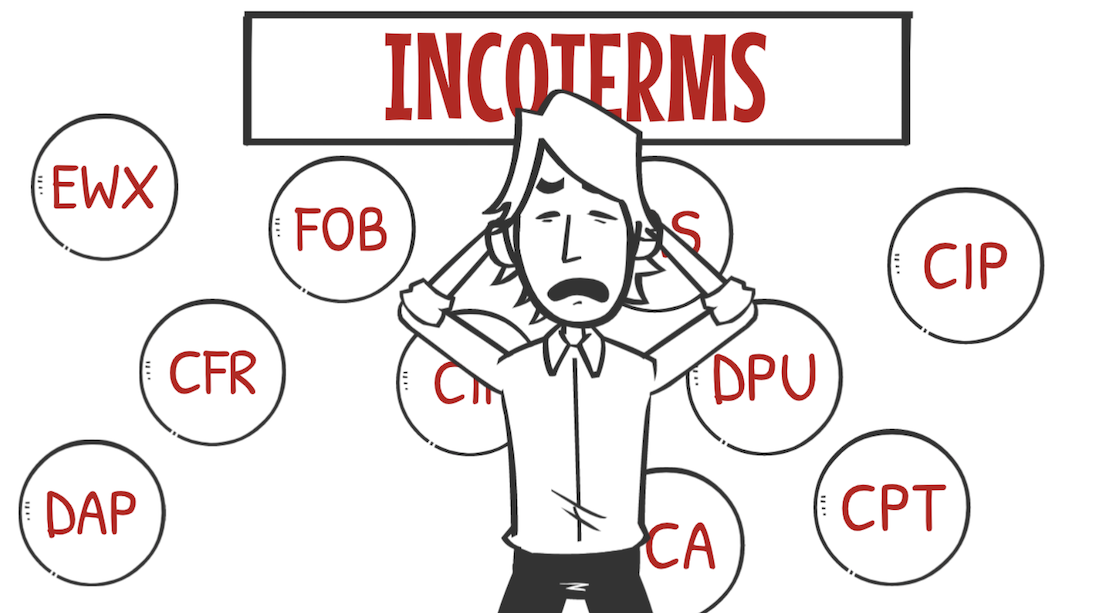
INCOTERMS is the trade term and condition, and it describes 3 English letters, such as CFR and FOB. There are 11 kinds of INCOTERMS in total.
It is not easy to remember all 11 kinds of INCOTERM’S.
But please do not worry. As a beginner course, let’s focus on remembering 6 kinds which are used very often. It’s OK to remember rest of the others, after remembering those basic 6 kinds of Incoterm’s.
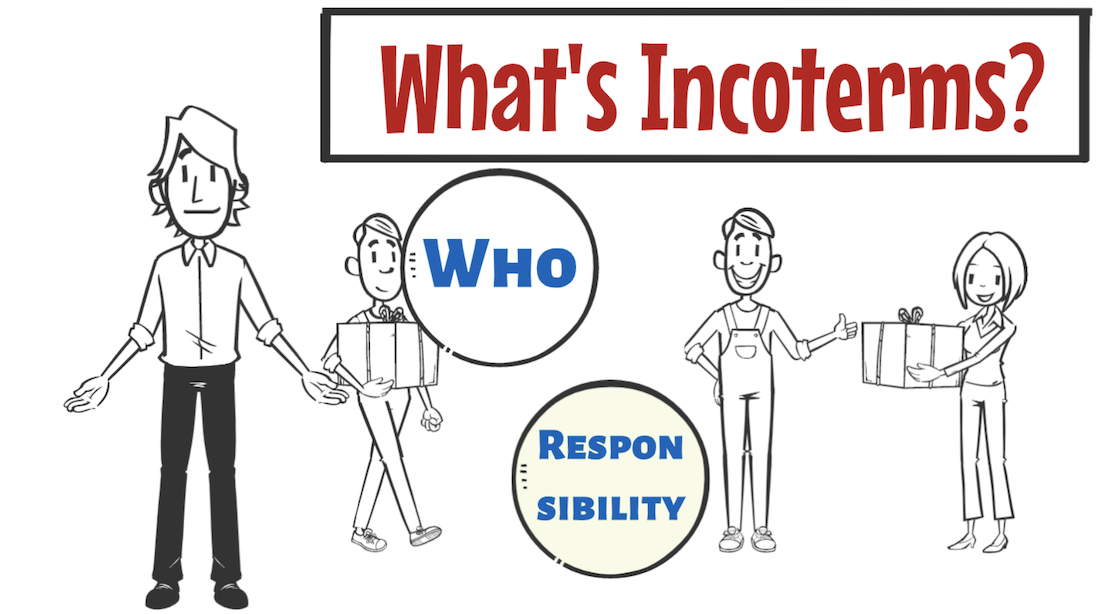
First of all, what is incoterm’s? We need to understand this first.
In trade terms and conditions, INCOTERM’S is mentioned clearly, who pays the freight, in the different steps of the cargo delivery and who has the responsible for those cargoes in the different steps of the cargo delivery between sellers and buyers.
Please understand those 2 points first.
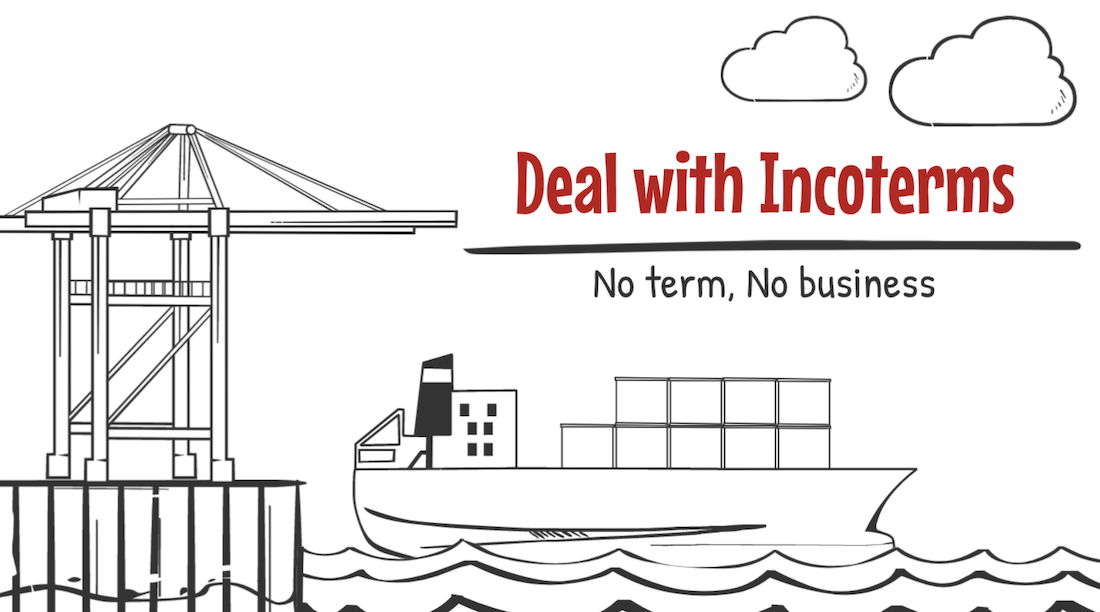
As International trades, there are different steps and procedures for the cargos delivery.
Through those steps, we decide to mention in INCTERMS, about the range of the money payment and the timing of the cargo release.
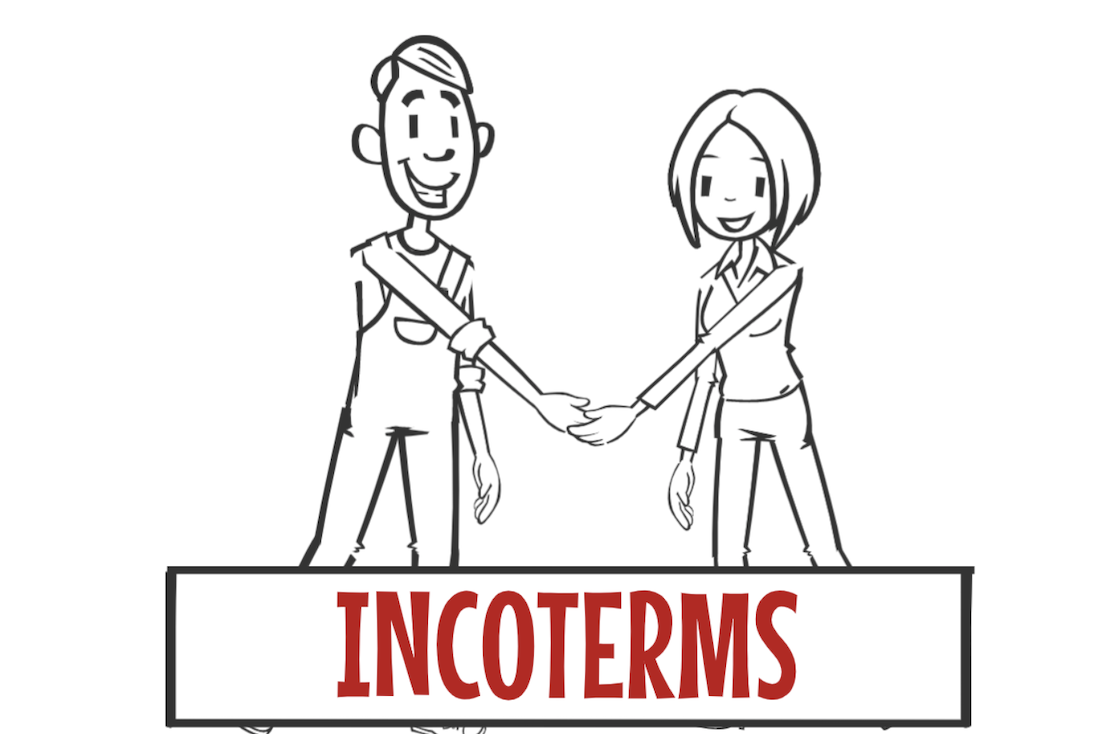
When the cargo trouble happens, it will be difficult to have the good business deal, as long as both the seller and buyer do not recognize and follow the clear rule mutually.
For avoiding the troubles, sellers and buyers must make deals based on the International rule.
6 major INCOTERMS in trade
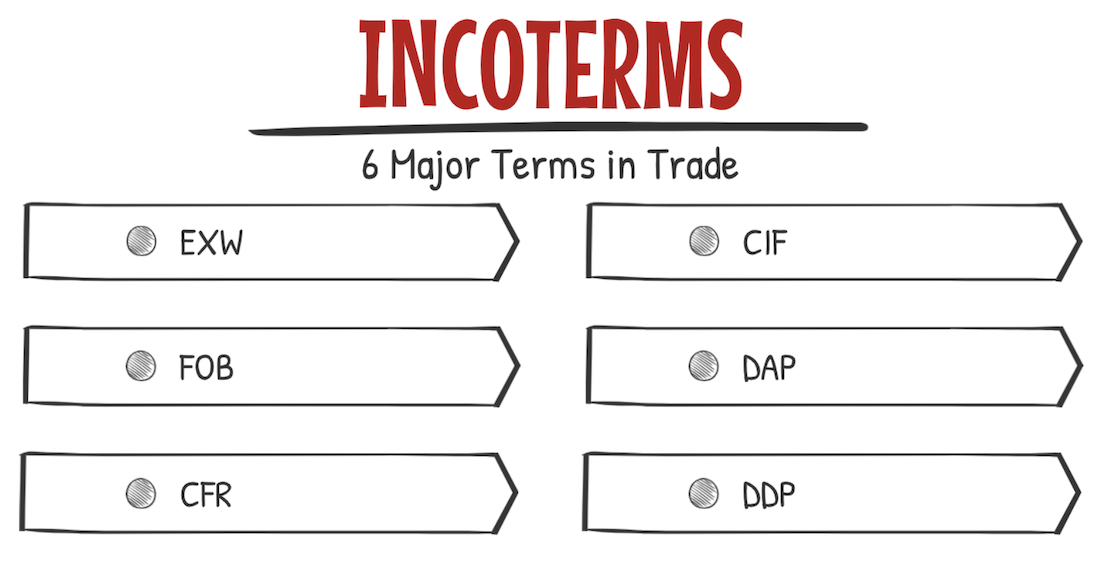
For this time, we will explain to you about six basic INCOTERMS which are used very often in trade business.
EXW, FOB, CFR, CIF, DAP, DDP.
These six are today’s topics. Let us explain one by one.
Ex-Works(EXW)
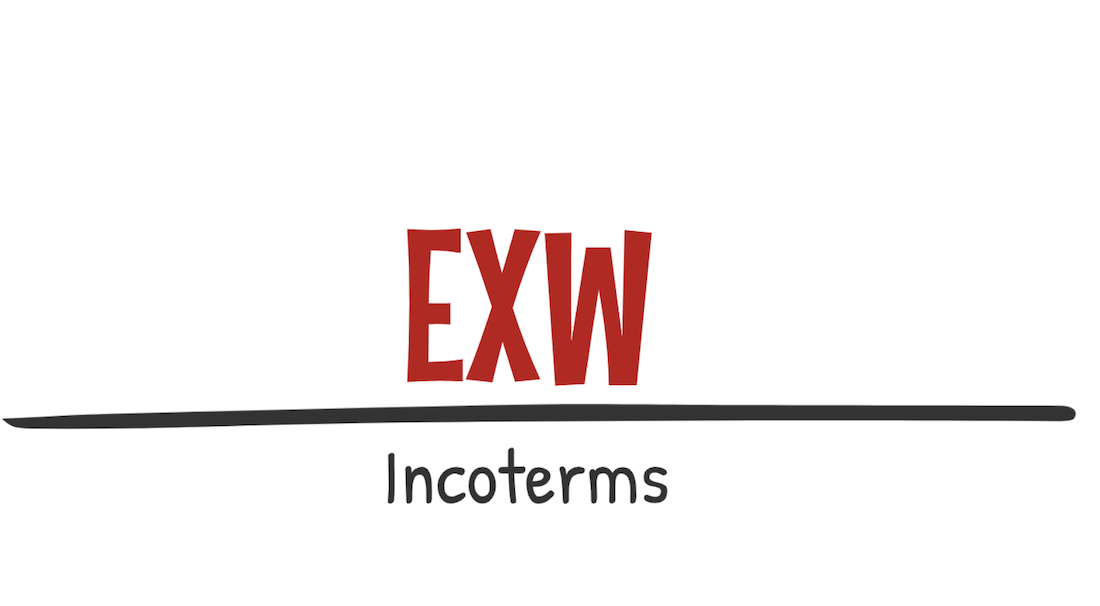
First of all, it’s EX-Works.
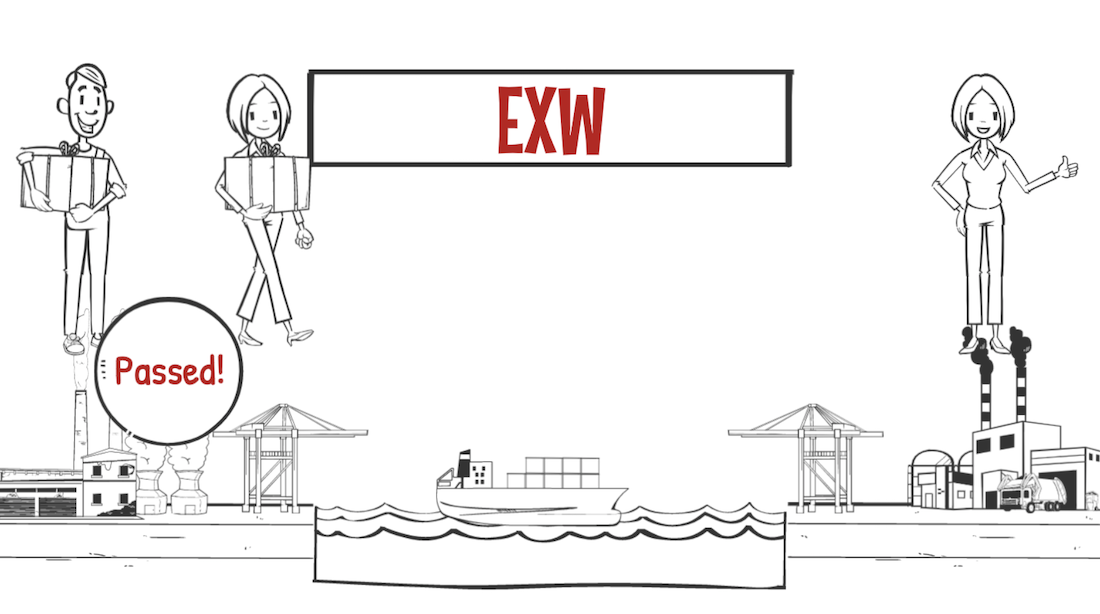
EXW is also called EX-Works as well.
In other words, EXW is the easiest trade condition for the sellers.
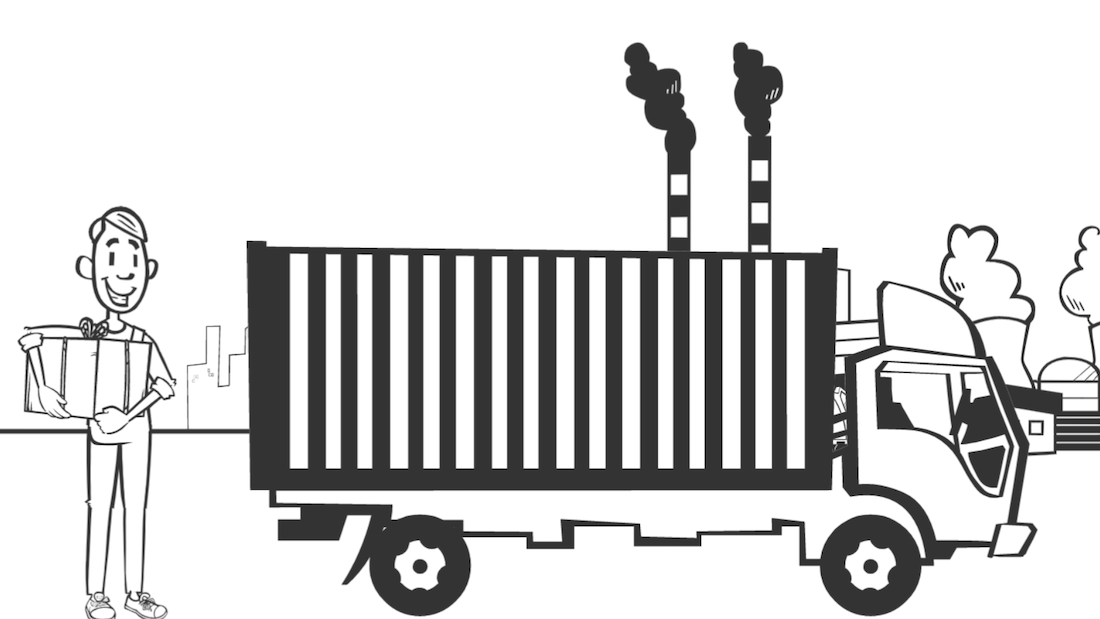
The responsibility of the cargo is moved from the seller to the buyers, as soon as sellers finish to load the cargo from the factory to the containers.
FOB
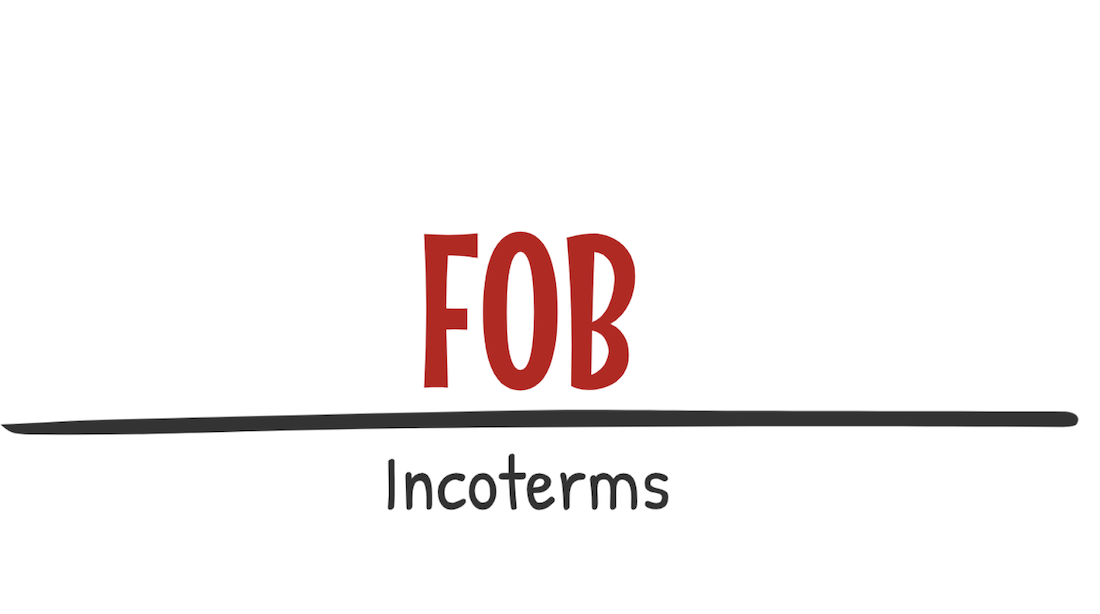
Next, it is FOB.
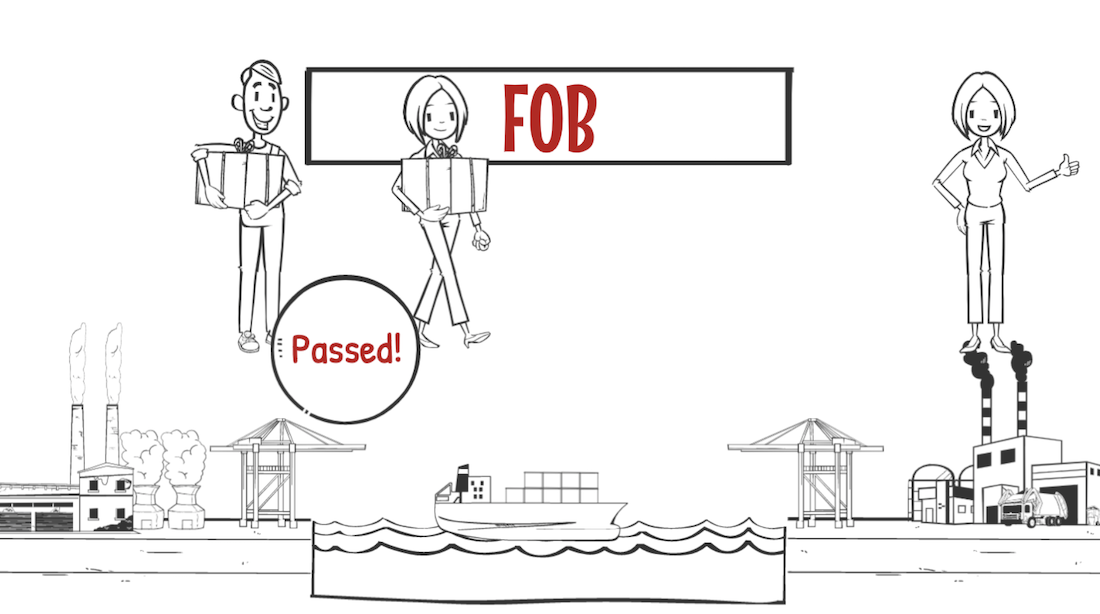
FOB is the trade terms and conditions, that the responsibility of the cargoes move from sellers to buyers, after the cargoes are on the board of exporting side.
Sellers pay the local transportation fee in exporting side.
Buyers pay the ocean freight and delivery fee in the importing side in this terms and conditions.
CFR and CIF
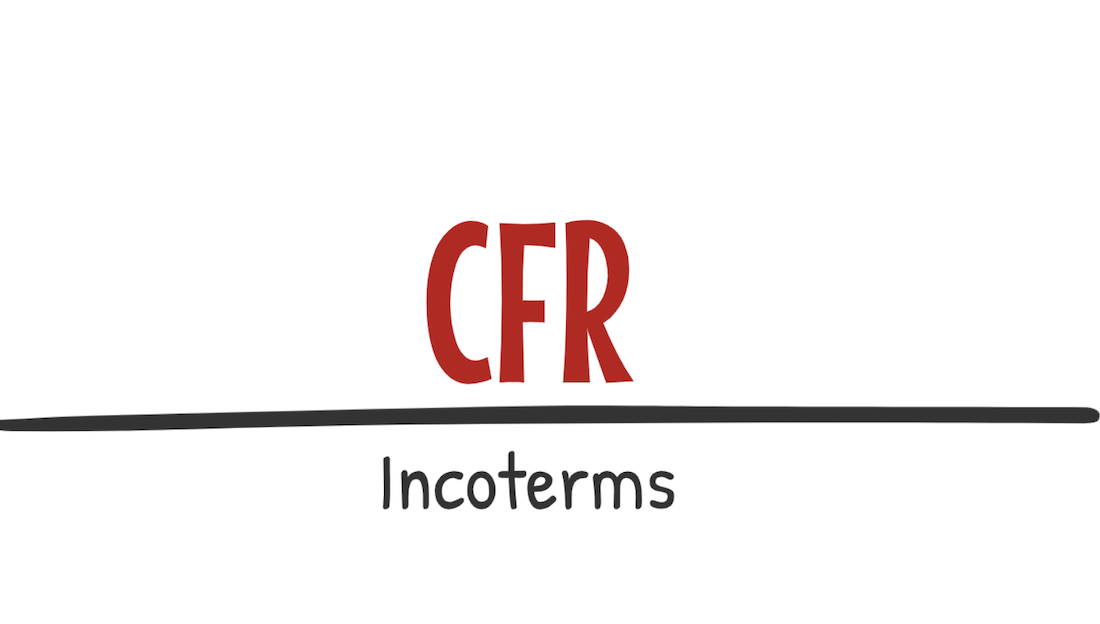
The next is CFR. CFR is used to call as Cost and Freight, but CFR is the correct word.
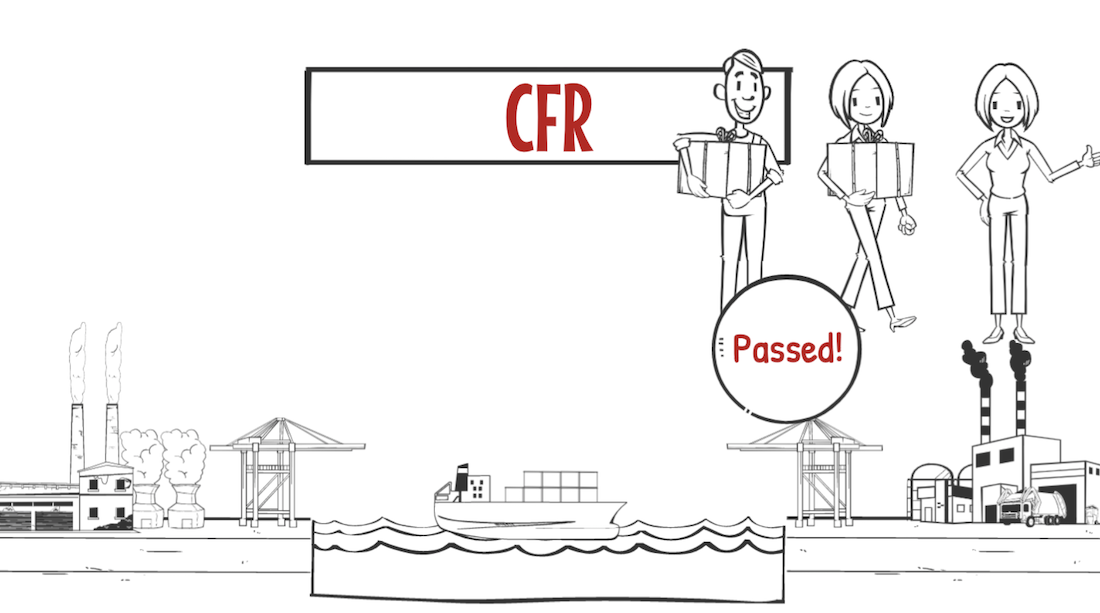
In CFR, sellers pay all freight cost from the factory at exporting side to the port in import side.
Importers pay the rest of cost, such as shipping fee and transportation fee from the importing port to the delivery place.
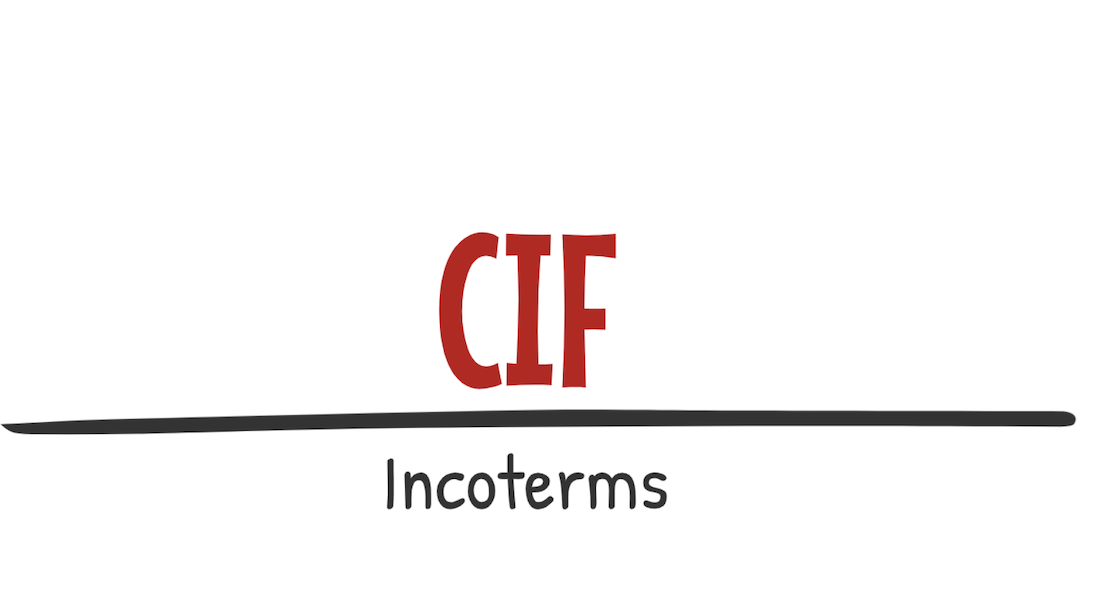
Before talking about the movement of the cargo responsibility in CFR, let us explain about CIF.
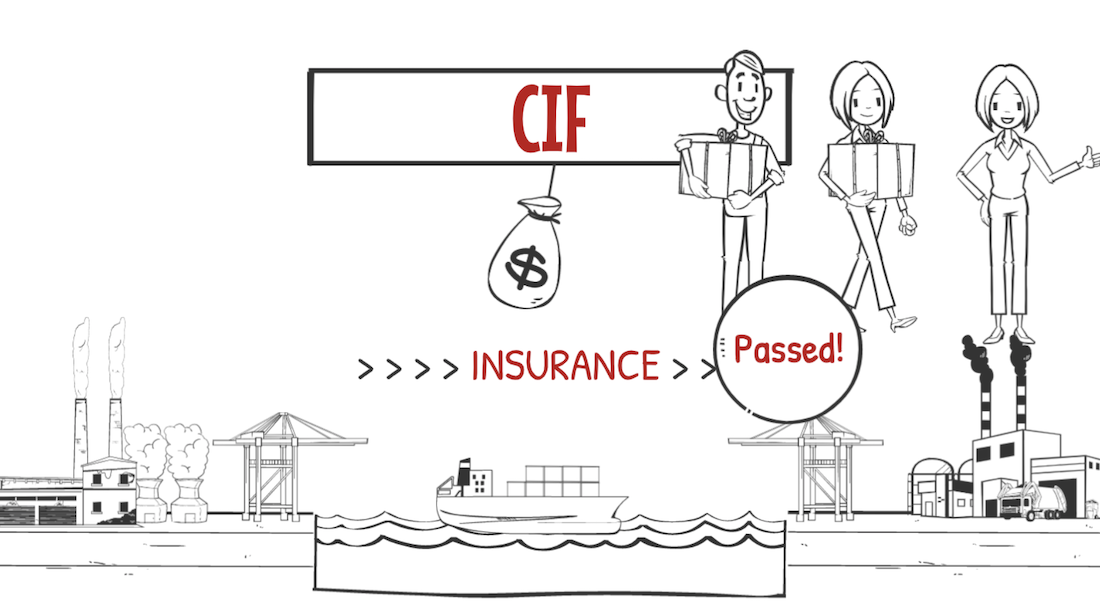
CIF is the same as CFR. Sellers pay all freight cost from the factory at exporting side to the port in import side.
The different point between CFR and CIF is an insurance. In CIF, ”I” stands for Insurance. Sellers have to arrange the insurance for the cargo delivery.
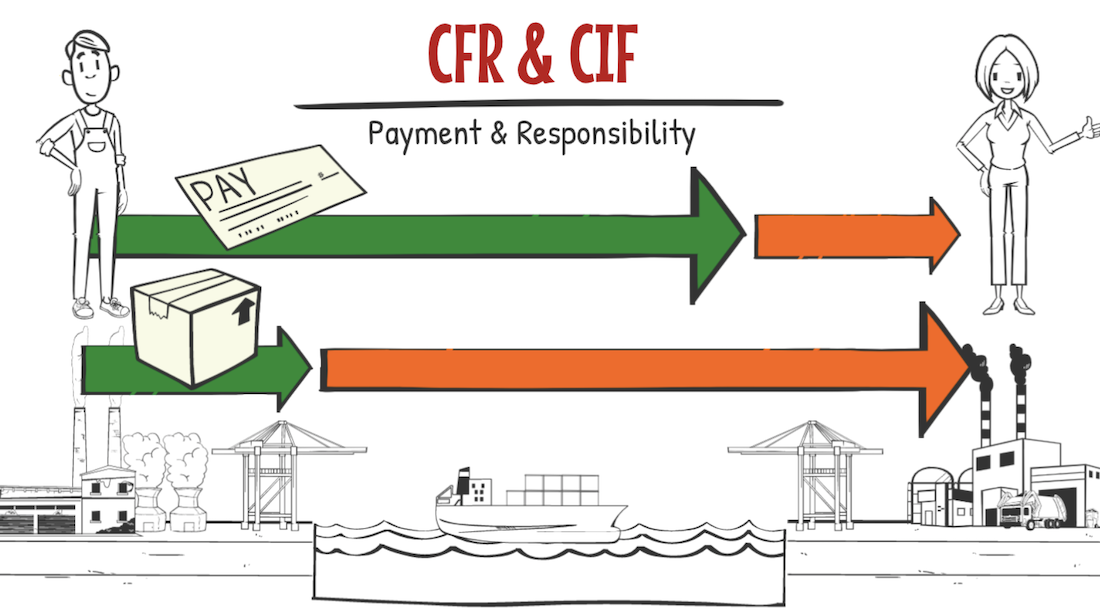
We are now explaining about the cost and the cargo responsibility in CFR and CIF. In both CFR and CIF, the delivery cost is on exporters from the factory at exporting side to the port in import side.
However, the responsibility of the cargo and handing the cargoes are the same as FOB. Those are moved from exporters to importers, once the cargo is loaded on the board of the vessel.
This point makes us to misunderstand, so please be cautious to remember this point.
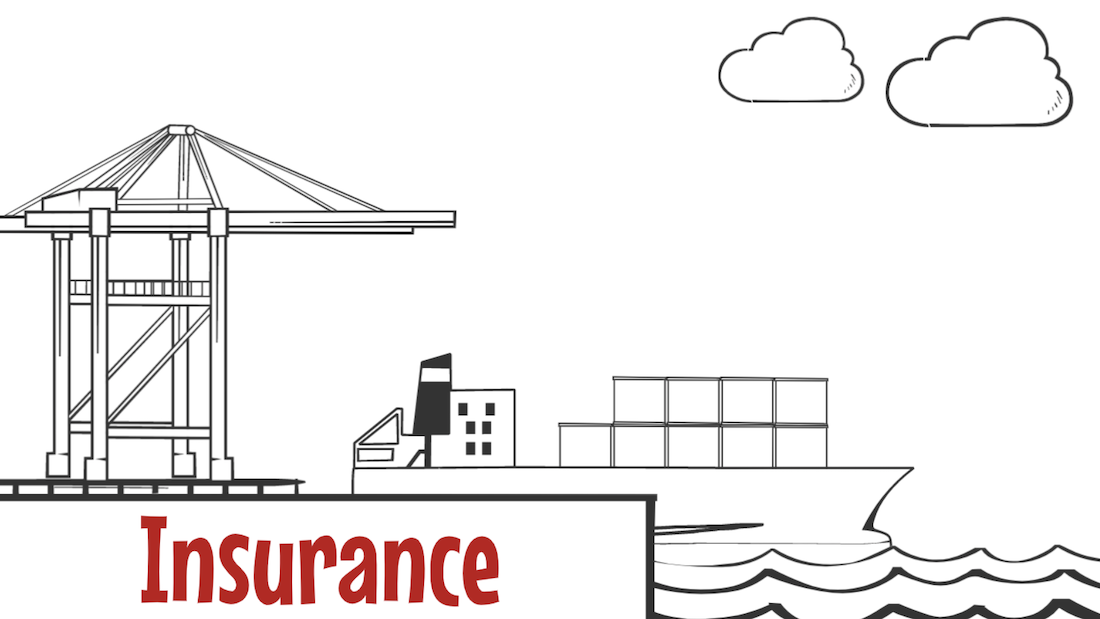
We talk about the insurance a little. In International logistics, the cargo is handing by the crane, swinging in the vessel, and then it takes long voyage time to be delivered to the importing side.
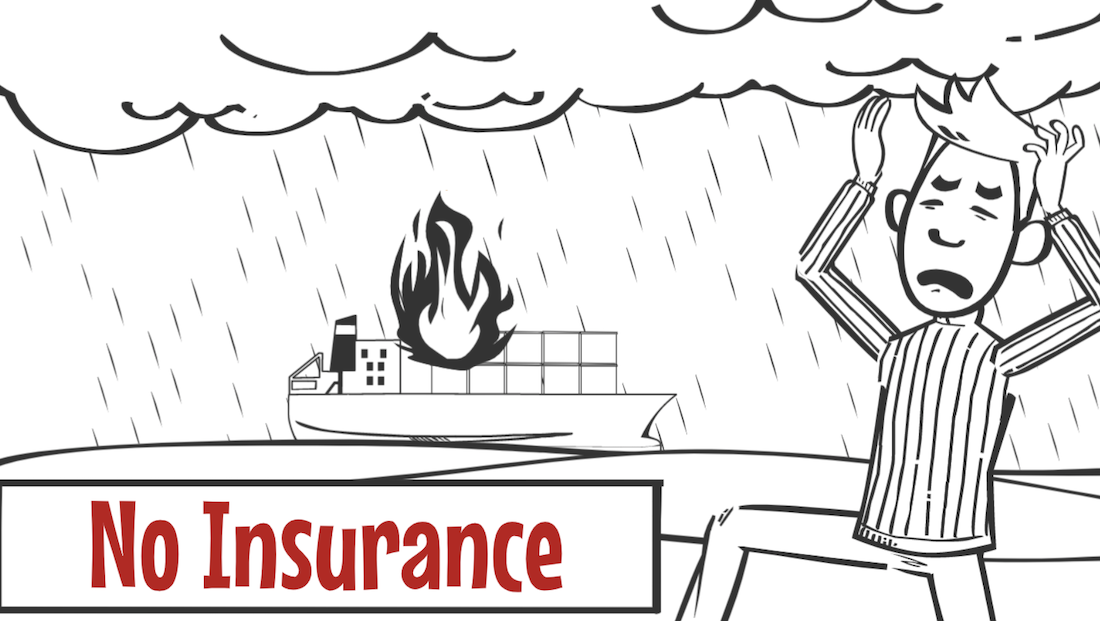
In the container vessel, there are other containers with dangerous cargoes. We have sometimes heard about the story that the dangerous cargo was on the fire and the fire burned out the other containers.
Unfortunately, no one does not guarantee for the cargoes if you don’t get the cargo insurance.
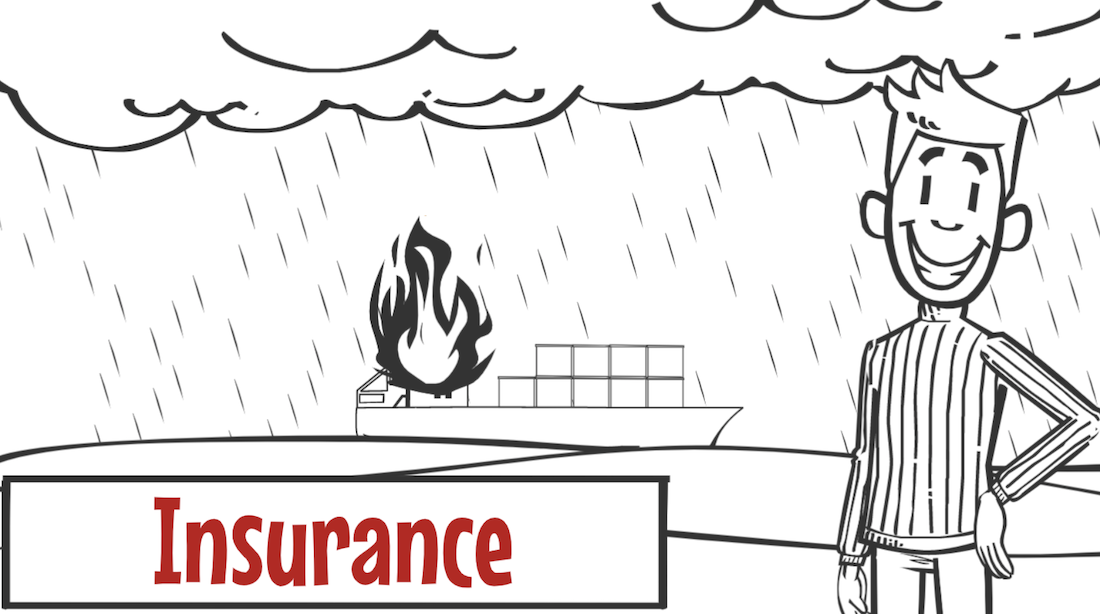
We will feel so much secure as we get the insurance. No one knows what happens in the International logistics.
We strongly recommend to our customers to get the cargo insurance every time.
DAP and DDP
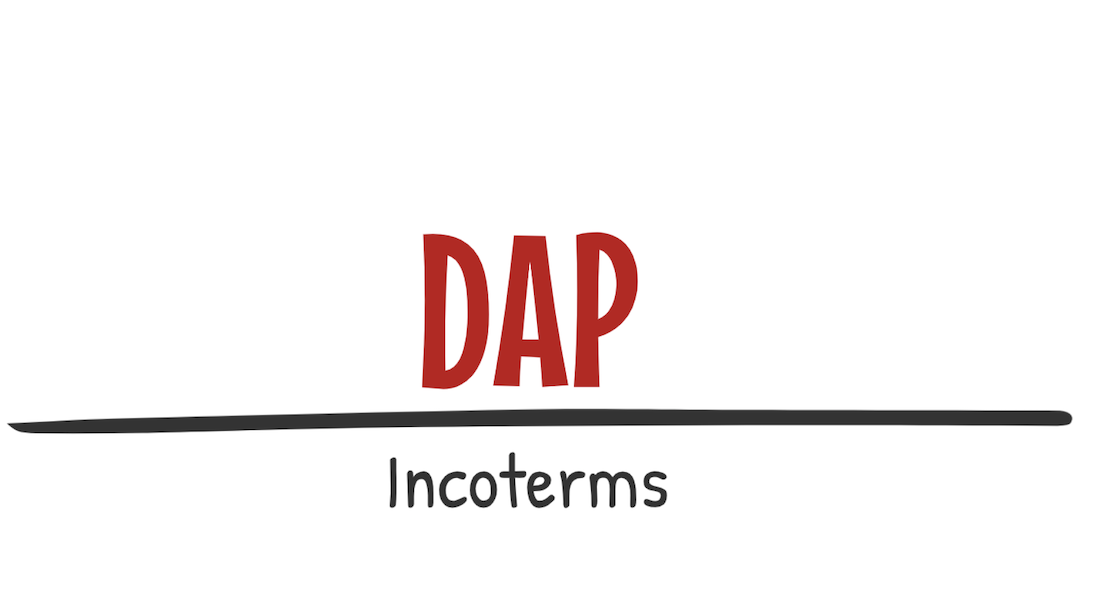
Let us talk back about Incoterm’s. The fifth one is DAP.
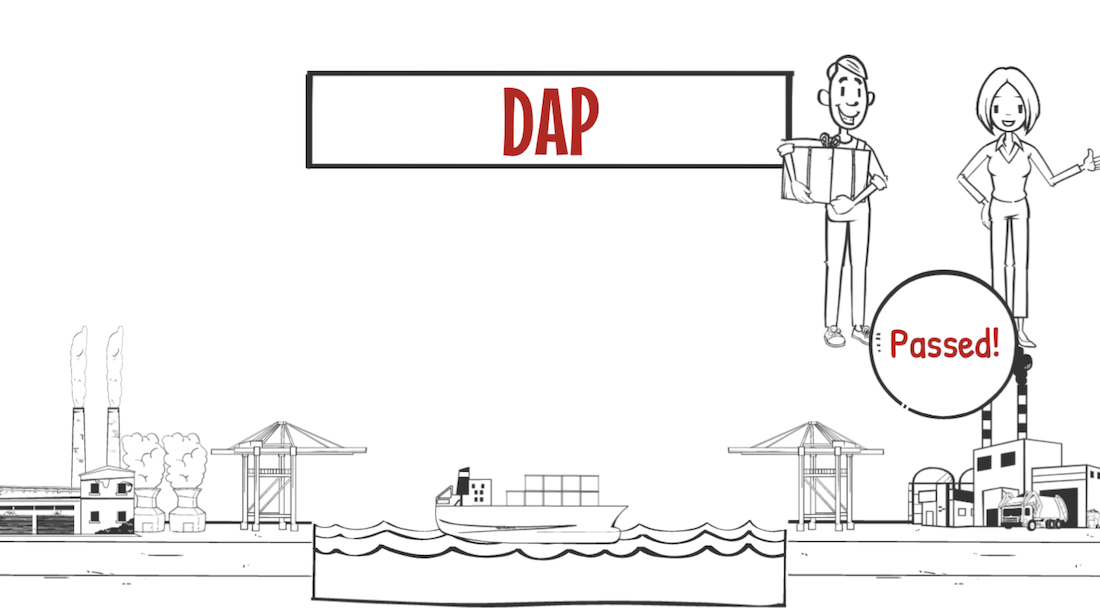
DAP is the trade term and condition, that sellers pay all cost and take all responsibility for the cargo, until it is delivered in the certain places.
In other words, this trade terms is called Door to Door.
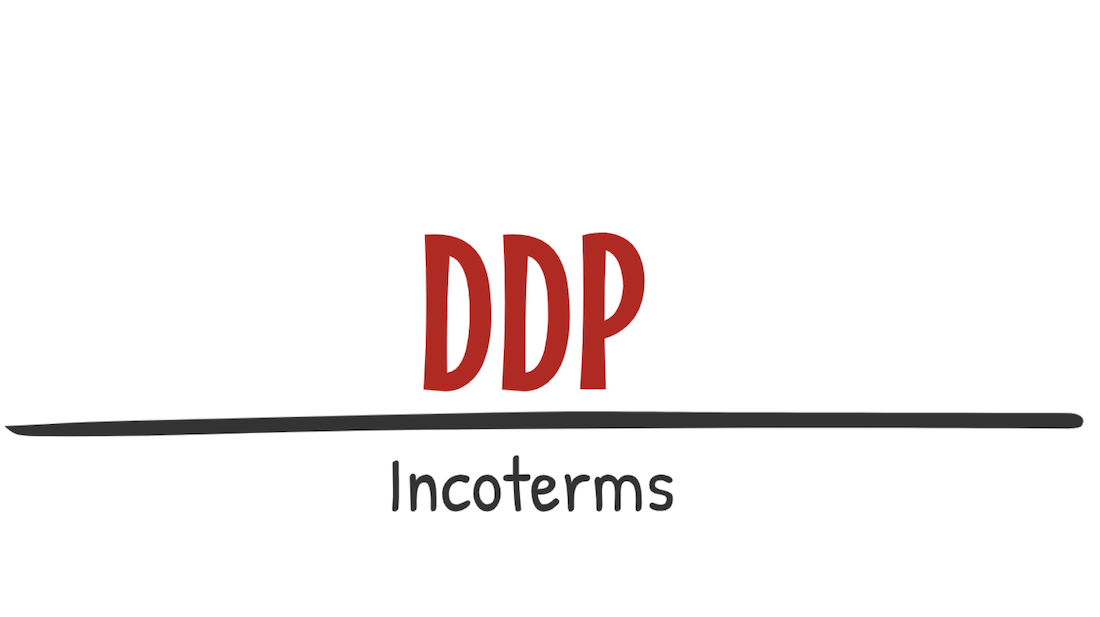
Let’s take a look with DDP together.
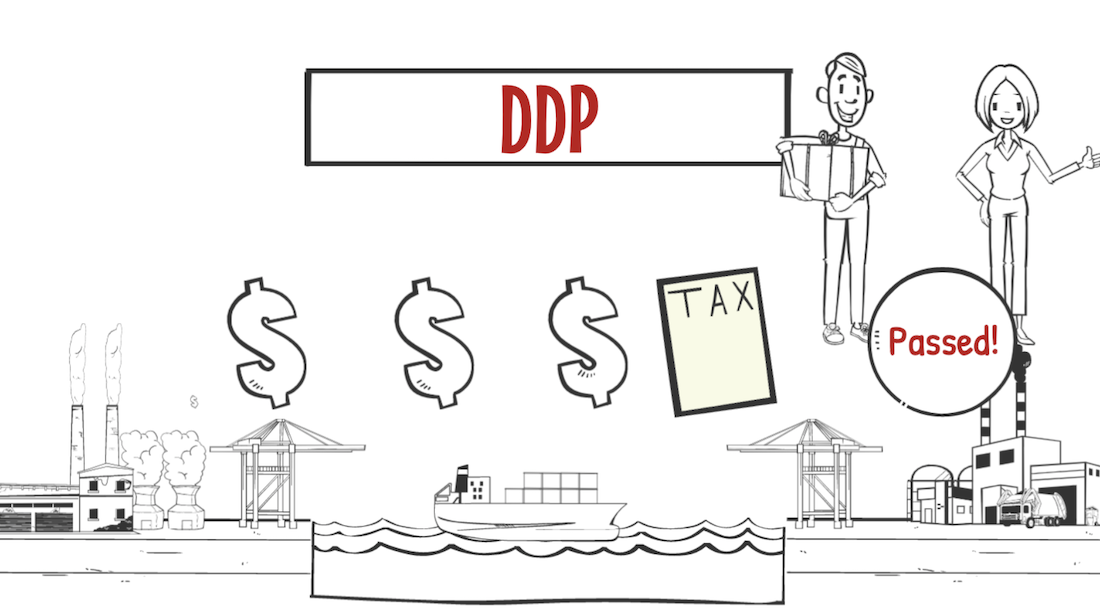
DDP is the same as DAP. Sellers arrange all logistics from the factory in exporter side to the specific delivery places in importer side.
Seller (Exporter) will take both delivery cost and cargo responsibility, until the specific delivery places in import side.
The different point between DAP and DDP is the payment of the import tax, which exporters or importers pay for it.
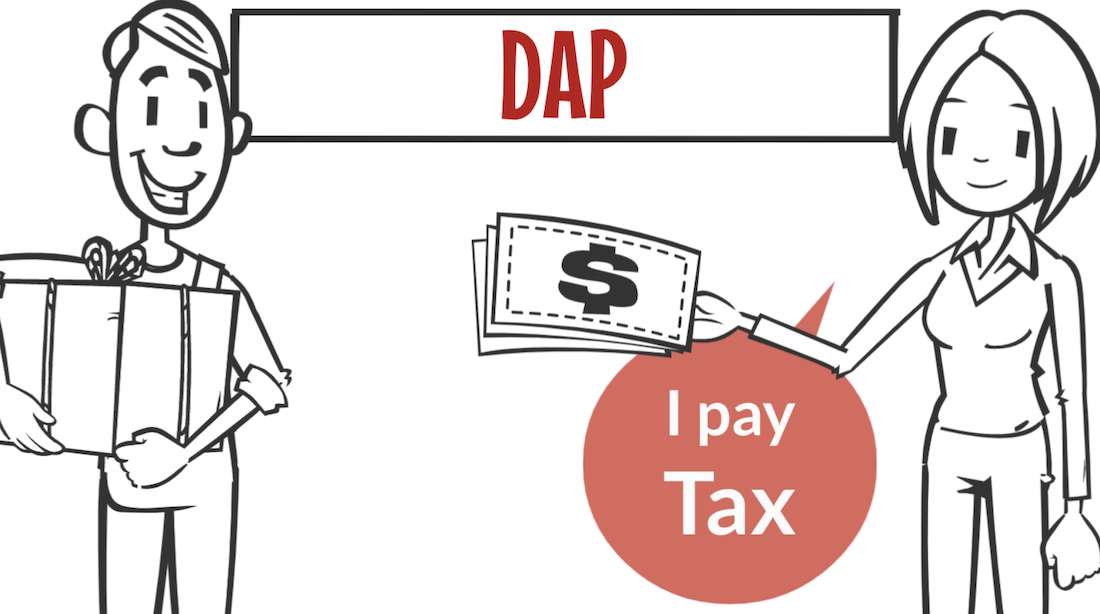
In DAP, import custom tax and consumption tax is payed by the importers.

On the other hand, in DDP, sellers as exporters pay both import custom tax and consumption tax.
Sellers will pay all transportation cost including taxes.
Cost and Responsibility for each terms

Now, let’s look back about the cost and responsibility in INCOTERM’S.
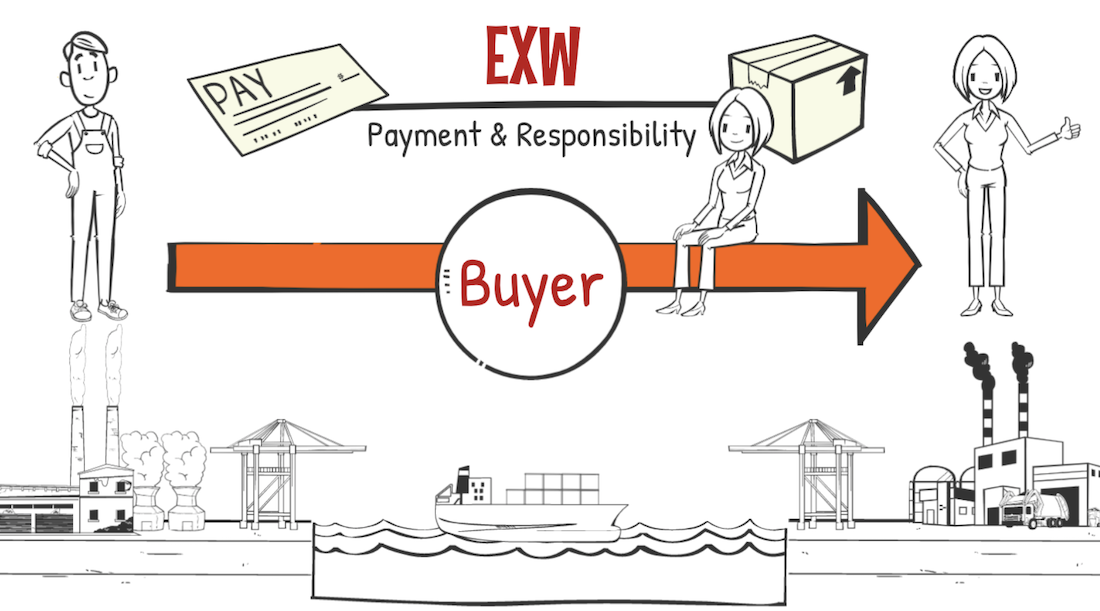
Ex-works is the trade term, that importers will arrange all logistics from picking up the cargoes at the factory in exporting places to the specific delivery places in importer side.
Importers pays all the delivery cost until the delivery places, and take all responsibility for the cargo delivery.
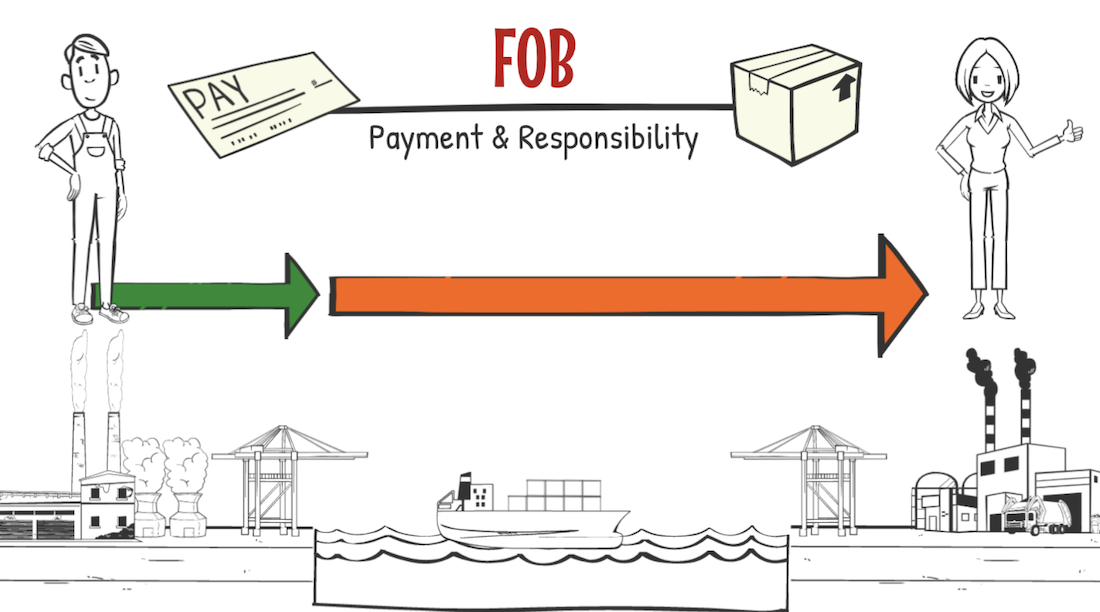
FOB is the trade term, that exporters will arrange to pay the cost and take the responsibility, until the cargoes will be loaded on the vessel in the exporter side.
And then importers will arrange to pay all costs, including ocean freight and delivery fee to the importing places, and the importers will take cargo responsibility as well.
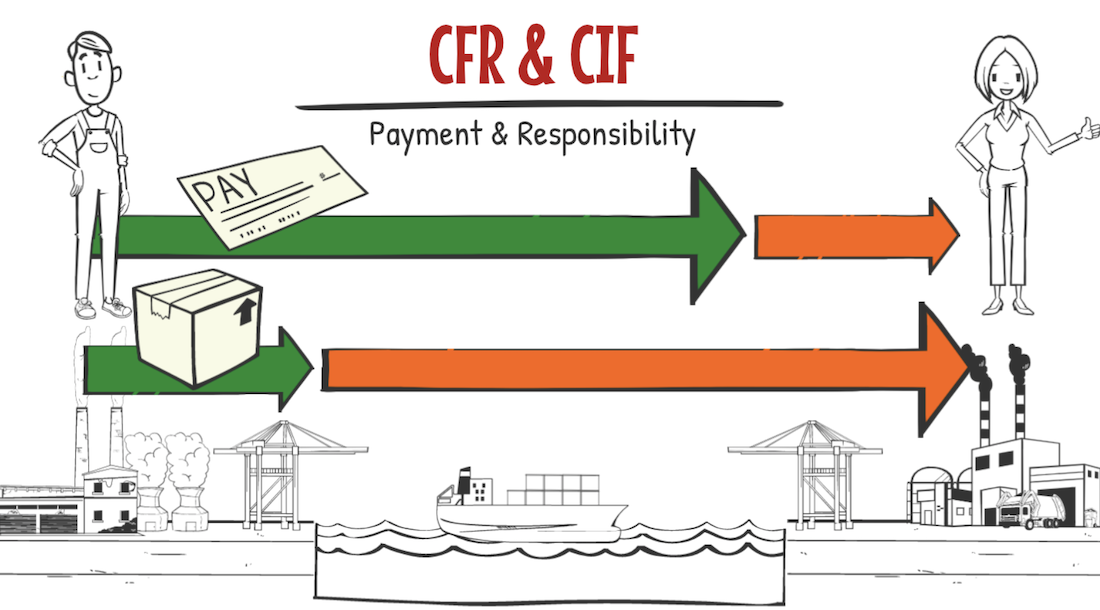
In CFR and CIF, exporters will pay all cost for the cargoes until the cargo will be delivered in the port of importing side. Importers pay local cost in importing side, until the cargo will be delivered in the specific places.
The attention point is the switching step of the cargoes responsibility. It is the same as FOB that the cargoes responsibility is moving from sellers to the buyers, when the cargoes are on the board of the vessel.
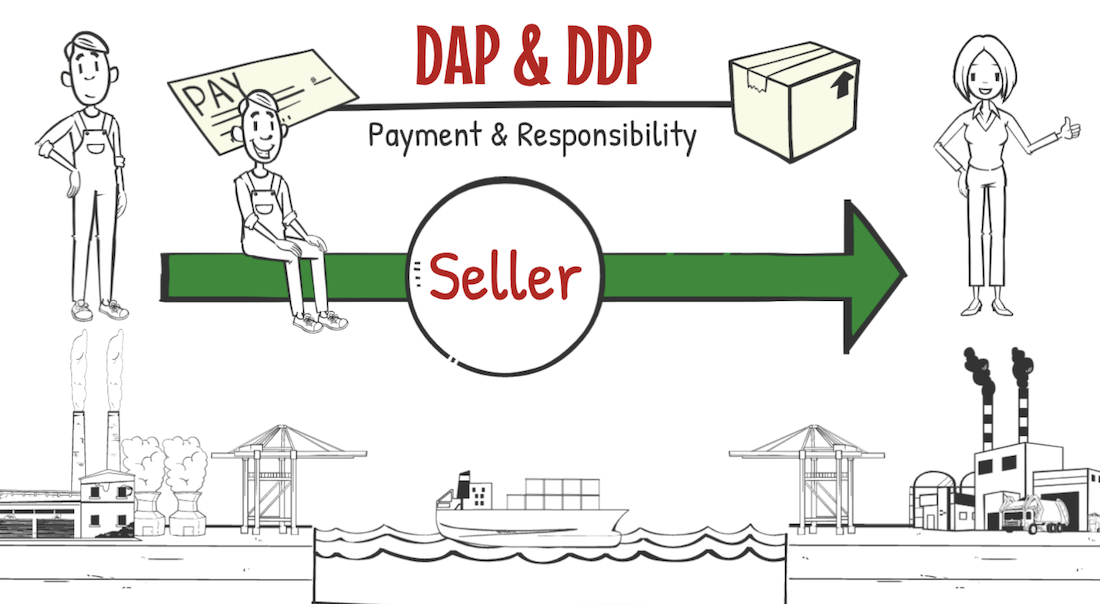
Lastly, in DAP and DDP. Exporters take all delivery cost and cargo responsibility, until the cargoes will be delivered. In DAP, importers pay the taxes. But in DDP, exporters pay the taxes.
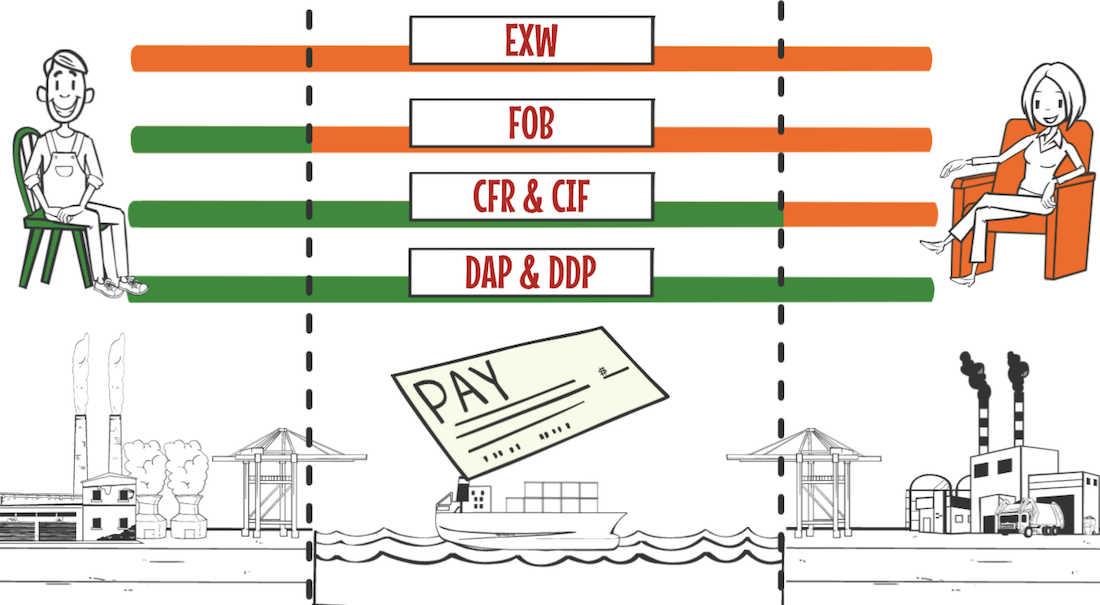
Payment of the cost is all listed as like this.
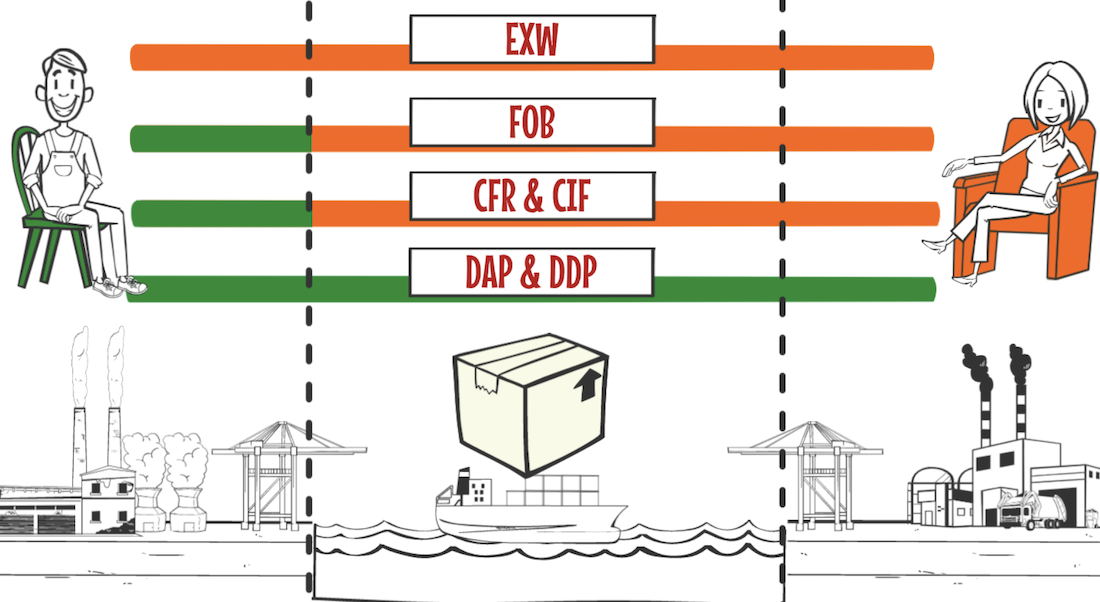
And then the cargoes responsibility is all listed as like this.
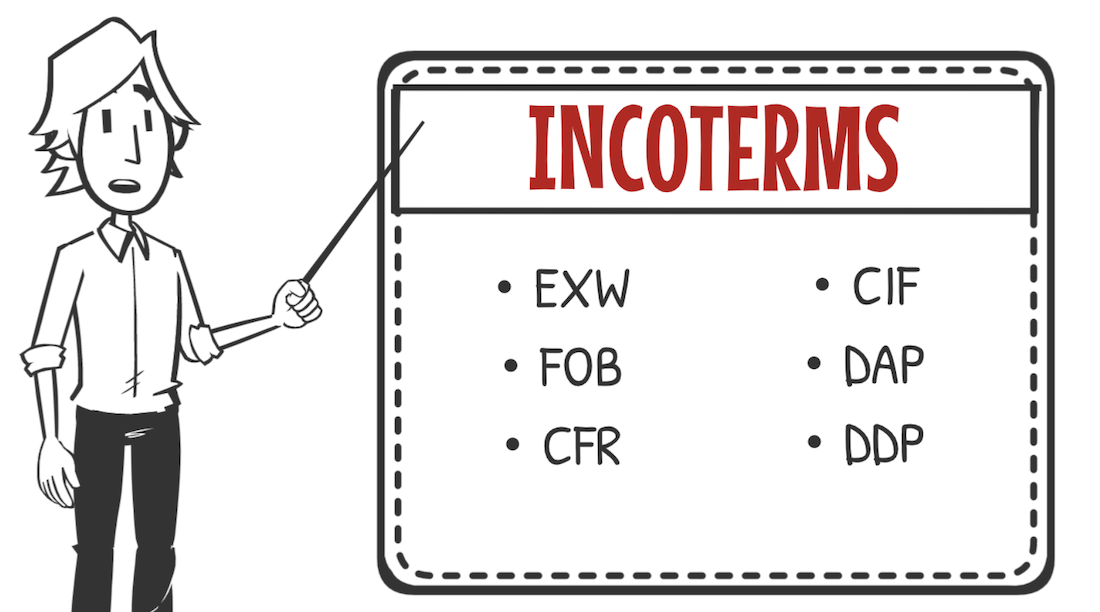
How was those about INCOTERMS? Those six INCOTERMS are very often to be used.
Importantly, the decision of using INCOTERM’S is based on the agreement, between sellers and buyers in all trade terms and conditions.
If you are working at manufacturing companies or trading companies, you need to think which trade terms have the advantages for your own logistics.
If you are working at the forwarding company, let’s understand those trade terms and conditions very well. And let’s make the best suggestion to your customers.
It’s not like that difficult as you understand those well once.
Contact to IINO san

★Contact to IINO san★
—————————————–
FaceBook Page – Daily Update News & Contents
https://www.facebook.com/iinosaan
Linked In Message
https://www.linkedin.com/in/shinya-iino/
Twitter DM
https://twitter.com/iino_saan
—————————————–
 IINO
IINO I’m waiting for your contact!


